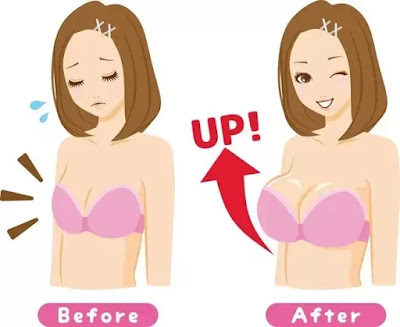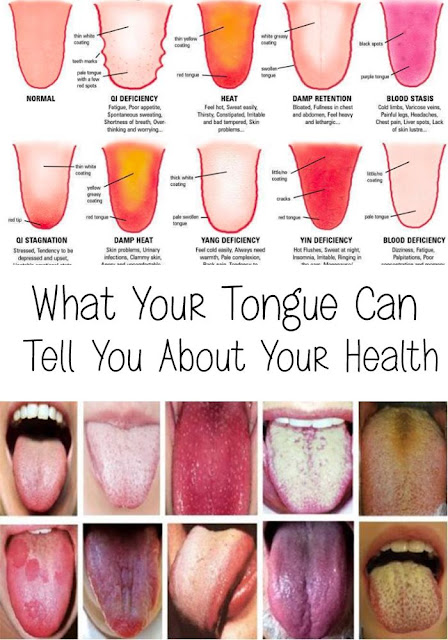WHAT CAUSES WATER RETENTION AND HOW TO AVOID IT
Edema is swelling, usually of the feet, legs, ankles or hands, caused by excess fluid accumulated in your body’s tissues.
In most cases, the main factors of edema are menopause, contraceptive pills, burns, pregnancy, physical inactivity, poor diet and other pill containing estrogen (medications like NSAIDs and vasodilators). The symptoms of edema mostly depend on the root cause and they usually develop gradually over time. Urine tests, heart function tests, liver function tests, blood tests and X-ray can determine the underlying cause.
Even though most cases are not serious, however edema can occur as a result of kidney disease, liver disease, diabetes, or heart failure, which means that you should not take it for granted. Edema is a common condition, affecting nearly 4.4 million Americans.
So, today, you will find out more about the most common causes of edema and the methods how to prevent it (of course if a serious disease is not the root cause of it):
Excessive Sodium Intake
Water retention usually appears when the body begins utilizing its water reserves, which in most cases happens when a person’s diet is mainly based on foods rich in sodium and low water intake. So, it is very important to do a little research in order to find out more which foods have large quantities of sodium, so you will be able to eliminate them from your diet.
Also, you should know that sodium can be found in foods you would not expect it to be present: processed meat, canned veggies, condiments, and processed food in general. Celtic salt and Himalayan salt are extremely beneficial for reversing water retention.
Magnesium Deficiency
Low magnesium levels in the body can obstruct the proper function of many systems in the body, thus causing water retention. A study showed that taking 200 milligrams of magnesium a day can reduce edema in women with PMS symptoms. In order to reverse this condition, make sure to take magnesium supplements or eat more magnesium-rich foods like dark chocolate, avocados, whole grains, spinach, and nuts.
Vitamin B6 Deficiency
Considering the fact that vitamin B6 plays an important role in numerous processes related to water balance in the body leads to the fact that having a vitamin B deficiency can cause water retention. The Journal of Caring Sciences published a study which showed that women with premenstrual syndrome who took vitamin B every day experienced improvements in their condition.
Vitamin B is a water-soluble vitamin, so the best way to obtain it is from whole foods such as tuna, chicken, turkey, lean beef, sunflower seeds, bananas, pistachio nuts, and potatoes.
Potassium Deficiency
Potassium is very important for the proper function of cells, tissues, and organs in the body. It also plays an important role in the maintenance of water balance. Deficiency of potassium causes edema and leads to problems like weight gain, cramps, and muscle cramps. This vitamin has the ability to lower sodium levels, thus reversing water retention.
Potassium can be found in fruits, especially in honey melon, watermelon, and rockmelon.
Dehydration
Dehydration forces the body to retain water, thus leading to swellings in the hands, ankles, or feet. Fortunately, you can improve the condition by drinking plenty of water and avoiding soda drinks and coffee.
Excessive Consumption of Processed Foods
As we said before, processed foods are rich in sugar, sodium and toxic chemicals that can put pressure on the kidneys and liver, thus increasing the risk of water retention. Moreover, foods containing sugar and artificial sweeteners can cause spikes in insulin and blood sugar levels.
Plants that Help Reduce Edema
Plants that have diuretic properties are significantly effective in reducing water retention. Garlic, fennel, parsley, dandelion, corn silk, hibiscus, horsetail, and nettle are considerеd as the best ones.
Plants possessing diuretic properties are extremely effective in reducing water retention. Some of the best include nettle, garlic, fennel, horsetail, parsley, hibiscus, dandelion, and corn silk.
In most cases, the main factors of edema are menopause, contraceptive pills, burns, pregnancy, physical inactivity, poor diet and other pill containing estrogen (medications like NSAIDs and vasodilators). The symptoms of edema mostly depend on the root cause and they usually develop gradually over time. Urine tests, heart function tests, liver function tests, blood tests and X-ray can determine the underlying cause.
Even though most cases are not serious, however edema can occur as a result of kidney disease, liver disease, diabetes, or heart failure, which means that you should not take it for granted. Edema is a common condition, affecting nearly 4.4 million Americans.
So, today, you will find out more about the most common causes of edema and the methods how to prevent it (of course if a serious disease is not the root cause of it):
Excessive Sodium Intake
Water retention usually appears when the body begins utilizing its water reserves, which in most cases happens when a person’s diet is mainly based on foods rich in sodium and low water intake. So, it is very important to do a little research in order to find out more which foods have large quantities of sodium, so you will be able to eliminate them from your diet.
Also, you should know that sodium can be found in foods you would not expect it to be present: processed meat, canned veggies, condiments, and processed food in general. Celtic salt and Himalayan salt are extremely beneficial for reversing water retention.
Magnesium Deficiency
Low magnesium levels in the body can obstruct the proper function of many systems in the body, thus causing water retention. A study showed that taking 200 milligrams of magnesium a day can reduce edema in women with PMS symptoms. In order to reverse this condition, make sure to take magnesium supplements or eat more magnesium-rich foods like dark chocolate, avocados, whole grains, spinach, and nuts.
Vitamin B6 Deficiency
Considering the fact that vitamin B6 plays an important role in numerous processes related to water balance in the body leads to the fact that having a vitamin B deficiency can cause water retention. The Journal of Caring Sciences published a study which showed that women with premenstrual syndrome who took vitamin B every day experienced improvements in their condition.
Vitamin B is a water-soluble vitamin, so the best way to obtain it is from whole foods such as tuna, chicken, turkey, lean beef, sunflower seeds, bananas, pistachio nuts, and potatoes.
Potassium Deficiency
Potassium is very important for the proper function of cells, tissues, and organs in the body. It also plays an important role in the maintenance of water balance. Deficiency of potassium causes edema and leads to problems like weight gain, cramps, and muscle cramps. This vitamin has the ability to lower sodium levels, thus reversing water retention.
Potassium can be found in fruits, especially in honey melon, watermelon, and rockmelon.
Dehydration
Dehydration forces the body to retain water, thus leading to swellings in the hands, ankles, or feet. Fortunately, you can improve the condition by drinking plenty of water and avoiding soda drinks and coffee.
Excessive Consumption of Processed Foods
As we said before, processed foods are rich in sugar, sodium and toxic chemicals that can put pressure on the kidneys and liver, thus increasing the risk of water retention. Moreover, foods containing sugar and artificial sweeteners can cause spikes in insulin and blood sugar levels.
Plants that Help Reduce Edema
Plants that have diuretic properties are significantly effective in reducing water retention. Garlic, fennel, parsley, dandelion, corn silk, hibiscus, horsetail, and nettle are considerеd as the best ones.
Plants possessing diuretic properties are extremely effective in reducing water retention. Some of the best include nettle, garlic, fennel, horsetail, parsley, hibiscus, dandelion, and corn silk.




Comments
Post a Comment